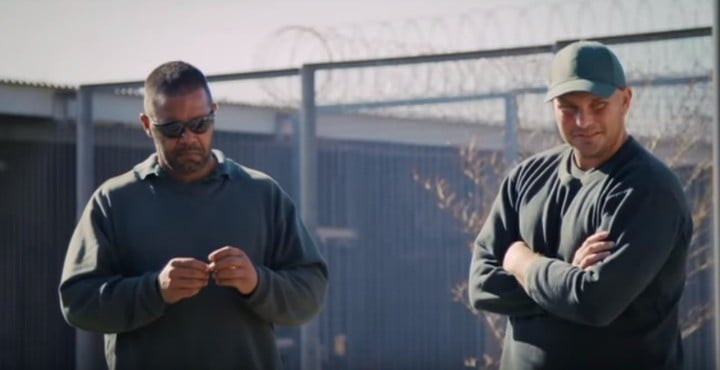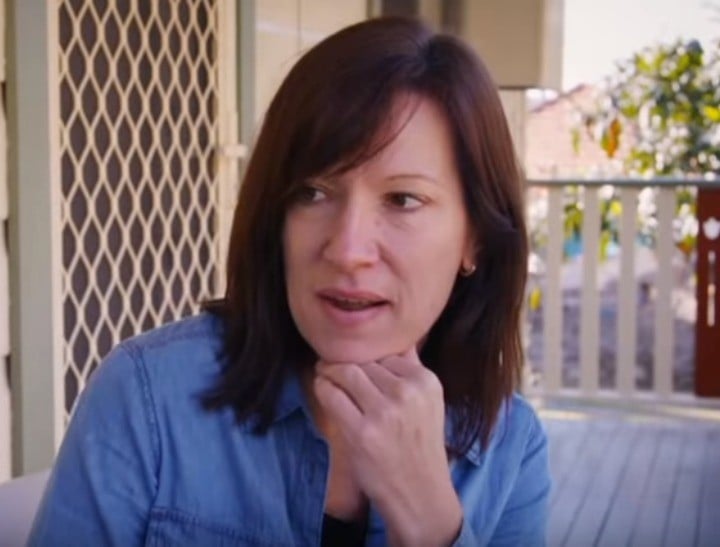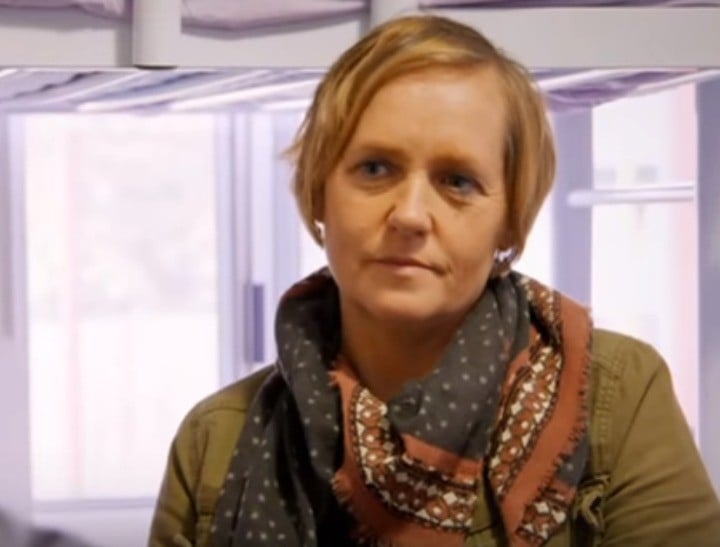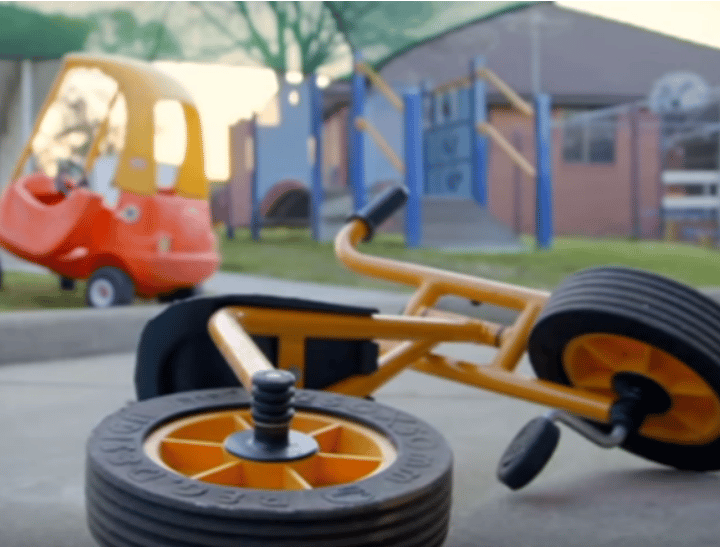
He’s in prison for his second criminal conviction for domestic violence.
He’s categorised as highly likely to reoffend. And the time has come, in the 10-week behavioural rehabilitation program he’s undertaking, for him to tell the group about what he did. To talk about his thought processes in the lead up to the assault. It’s a pivotal moment in the course.
“I didn’t do it. We had an argument and she hurt herself getting out of the car.”




Top Comments
Great article! I completely agree. We need to stop victim-blaming and start asking abusers, 'Why did you hit the victim?' https://themelodramaticconf...
DV is hard when your abuser is a cop, and is too clever to mark you physically. He has the power to stalk, a brotherhood who turn a blind eye, and he knows the system, and access to police data systems.There is no-one to turn to. Call the police and his mates turn up and you get talked out of making report. Go to court and he knows the system and has experience in twisting facts and presents better in court because he's familiar with it.